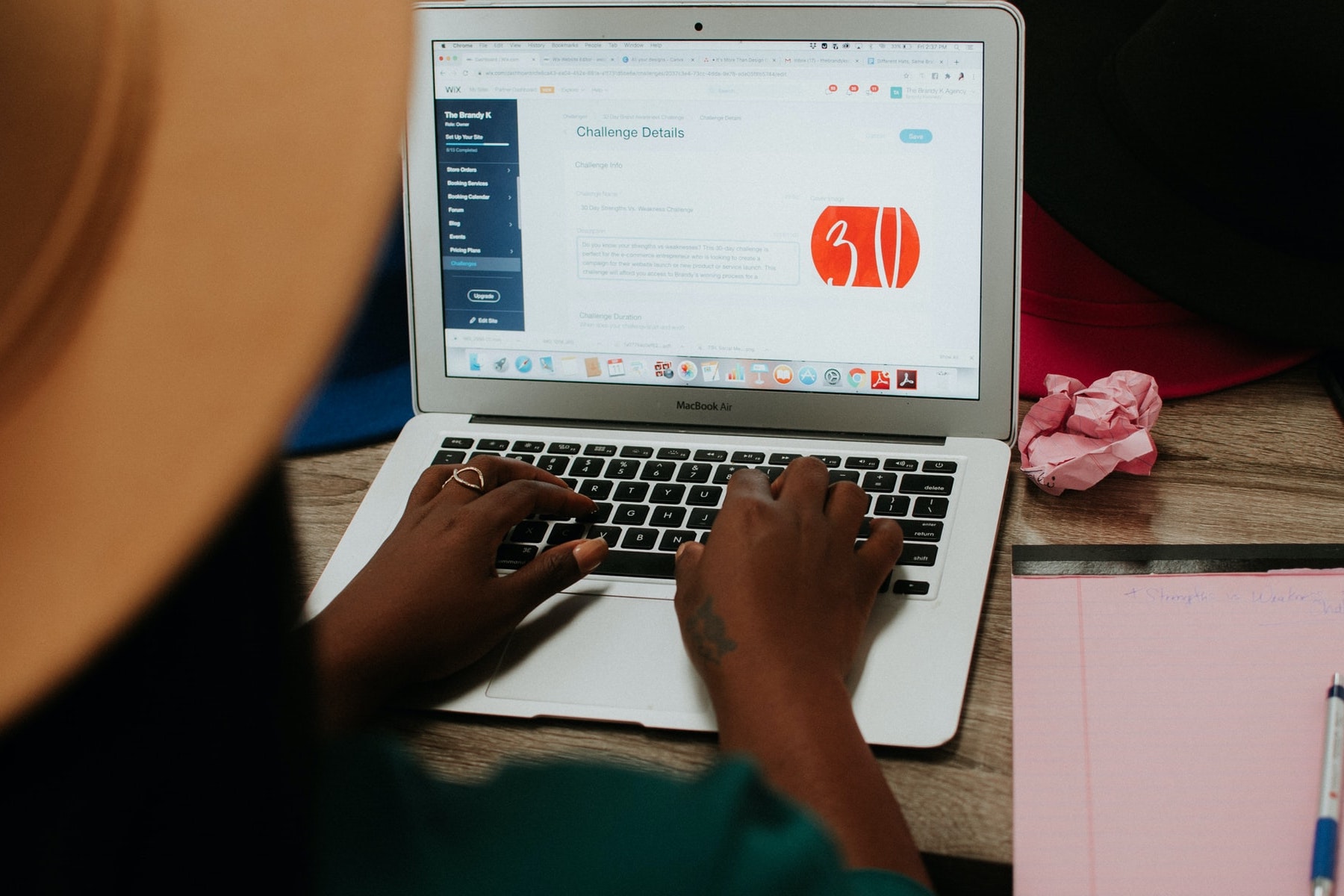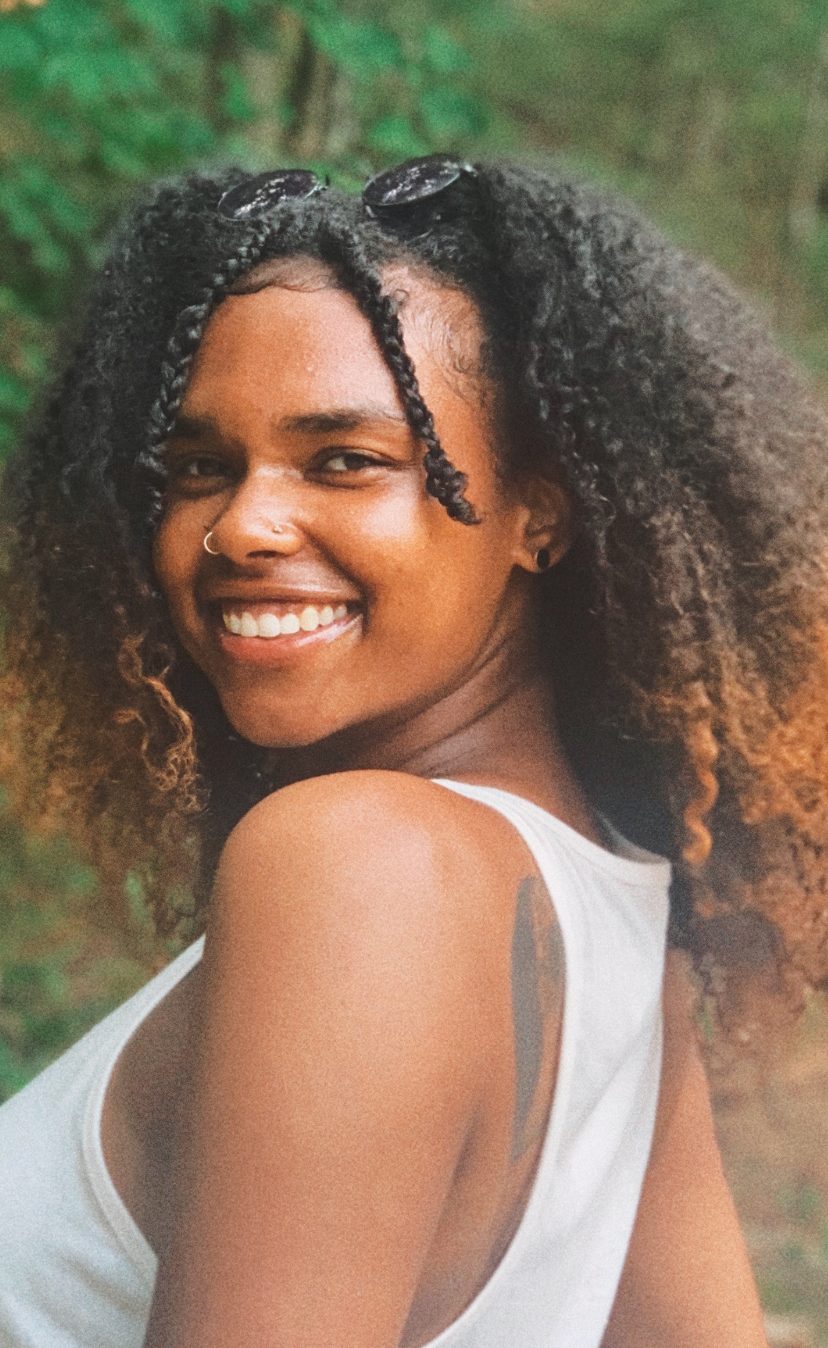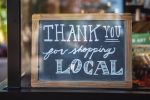With old businesses closing up shop and making room for new businesses to soar, Black women are seizing the opportunity to launch their companies at a much faster rate than any other group out there. “Women of color account for 89% (1,625) of the new businesses opened every day over the past year,” explained Gayneté Jones, writer for Black Enterprise.
But while some saw a surge in sales, others were finding it quite the challenge when it came to promoting themselves during a pandemic, especially compared to businesses owned by non-Black entrepreneurs. According to CBS News, “41% percent of Black-owned businesses have closed due to the pandemic compared to less than 17% of White-owned businesses.” And this goes for business owners of other races as well, not just white people.
But what’s the difference?
The Disparity
When Black women jumpstart a business, they’re bootstrapping. And what is that exactly? Committing themselves to a waterfall effect. “When we sell one product, we use a profit and that product to buy more products to sell. So we’re already at a huge disadvantage … just to start a business,” Nikki Porcher, founder of Buy From A Black Woman Inc., told WABE News.
There are many factors that are responsible for the disparities Black female-owned businesses face — one being the type of business that is started, which, as Nakeisha M. Cody explained in her dissertation titled “Transforming Inequality into Opportunity: Race, Gender and the Making of Women Entrepreneurs,” “often corresponds to one’s occupation and job experience.”
Another difference is Black women’s beliefs and attitudes, which “can profoundly shape the way a woman may run or manage her firm.” Because Black women tend to kick-start their businesses for reasons less related to growth and profit and more for “enhancing personal autonomy, achieving a better work-life balance, gaining the ability to care for her own children, and for the ‘greater good’ of the community,” their work oftentimes results in disparities when it comes to fostering entrepreneurship among those who may be inclined to start their own Black female-owned businesses.
On top of this, the ethnic and racial differences are just as noticeable. Asian communities have a higher rate of business ownership in comparison to not only Black, but Hispanic communities as well. “The rate of business ownership in the Asian community is 12%, followed by American Indian and Alaskan Native (11%), Native Hawaiian and Other Pacific Islander (10%) and Whites (10%),” Cody continued.
In comparison, the business ownership rates for Black men and women are at a mere 7%.
The 15 Percent Pledge
Which brings me to the 15 Percent Pledge. Within the entire country, Black people as a whole make up 15% of the population. Because of this, Aurora James, the founder of a luxury accessory brand named Brother Vellies, started the pledge that expanded across all spectrums of retail. The purpose was to encourage “major retailers to commit a minimum of 15% of their shelf to Black-owned businesses.”
Today, over 20 worldwide companies have taken part in signing the pledge and were subsequently asked to “conduct an internal audit of their current spending power and contracts allocated to Black businesses, along with committing shelf space.”
Sephora was the first retail outlet to commit to the pledge and quickly re-developed an existing platform, Sephora Accelerate, which is now dedicated to Black female-owned businesses.
How You Can Support
“When we talk about supporting small businesses and we talk about supporting small, Black-owned businesses in this country, what that really means is supporting underprivileged communities that need it the most,” James explained in an interview with CBS. “And it’s important for everyone to understand that it isn’t just about positively impacting Black people, it’s about positively impacting the country as a whole.”
Here’s are 13 ways from Brett Farmiloe, writer for Score, to not only support Black female-owned businesses, but to celebrate them as well:
- Start with visibility through sponsorships and features.
- Ask what they need.
- Be intentional when it comes to providing support.
- Share with your social circles.
- Build a relationship.
- Invest in them.
- Write and share a review.
- Share a seat at the table.
- Provide equal access to funding.
- Offer mentorship and resources.
- Understand internal structure differences.
- Coaches and patrons building access to the necessary capital.
- Include them in your daily life.
List of Black Female-Owned Businesses
With all that being said, here’s a list of some dope Black female-owned businesses to buy from and spread the word about:
The Crayon Case
A makeup line devoted to amateur makeup users. Recognized for its creative display and colorful packaging, Steward has generated over $1.3 million in revenue.
Curl Bible
A beauty supply store that caters to not only those in need of products for kinky, curly hair, but also for those who use the Curl Bible Directory — a directory of Black female-owned businesses in need of exposure.
Winked Studio Lashes
Based in Atlanta, this lash line provides ladies with handmade, cruelty-free 3D mink lashes and lash accessories.
The BombChel Factory
A fashion line that features bold African aesthetics, with clothing imported straight from West Africa. The purpose: “To teach an all-women staff of Ebola survivors, rape victims, and the deaf … to improve their lives by helping them to become self-sufficient through skill-training and education.” Celebrities such as Kelly Rowland have been seen in the distinguished clothing line.
Black Girl Sunscreen
A high-quality SPF necessity made with natural ingredients that work best on darker skin tones, without leaving that nasty white residue.
Pantora Bridal
Beautifully crafted gowns that ooze with Black excellence.
If you didn’t know, now you know!

















